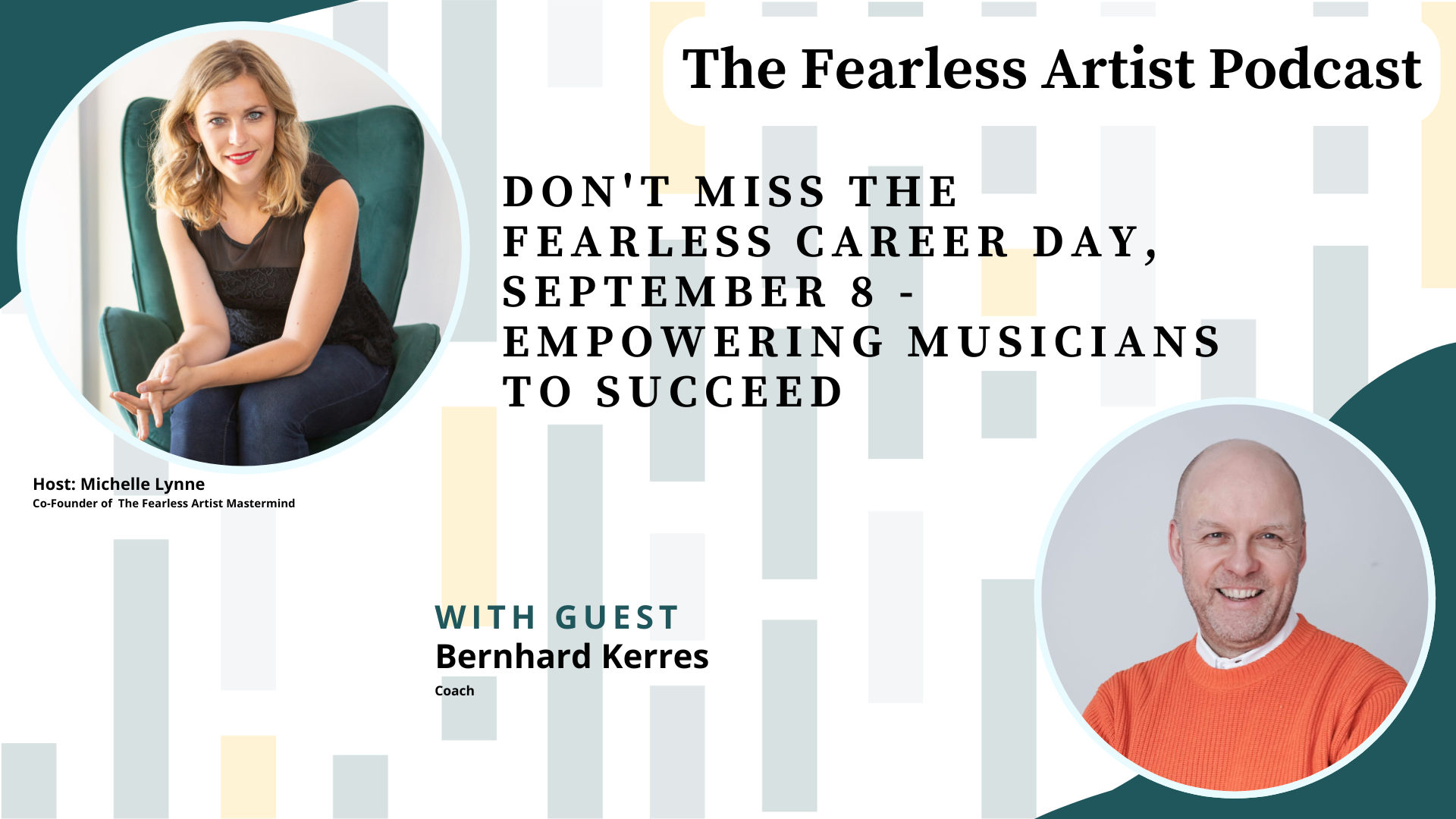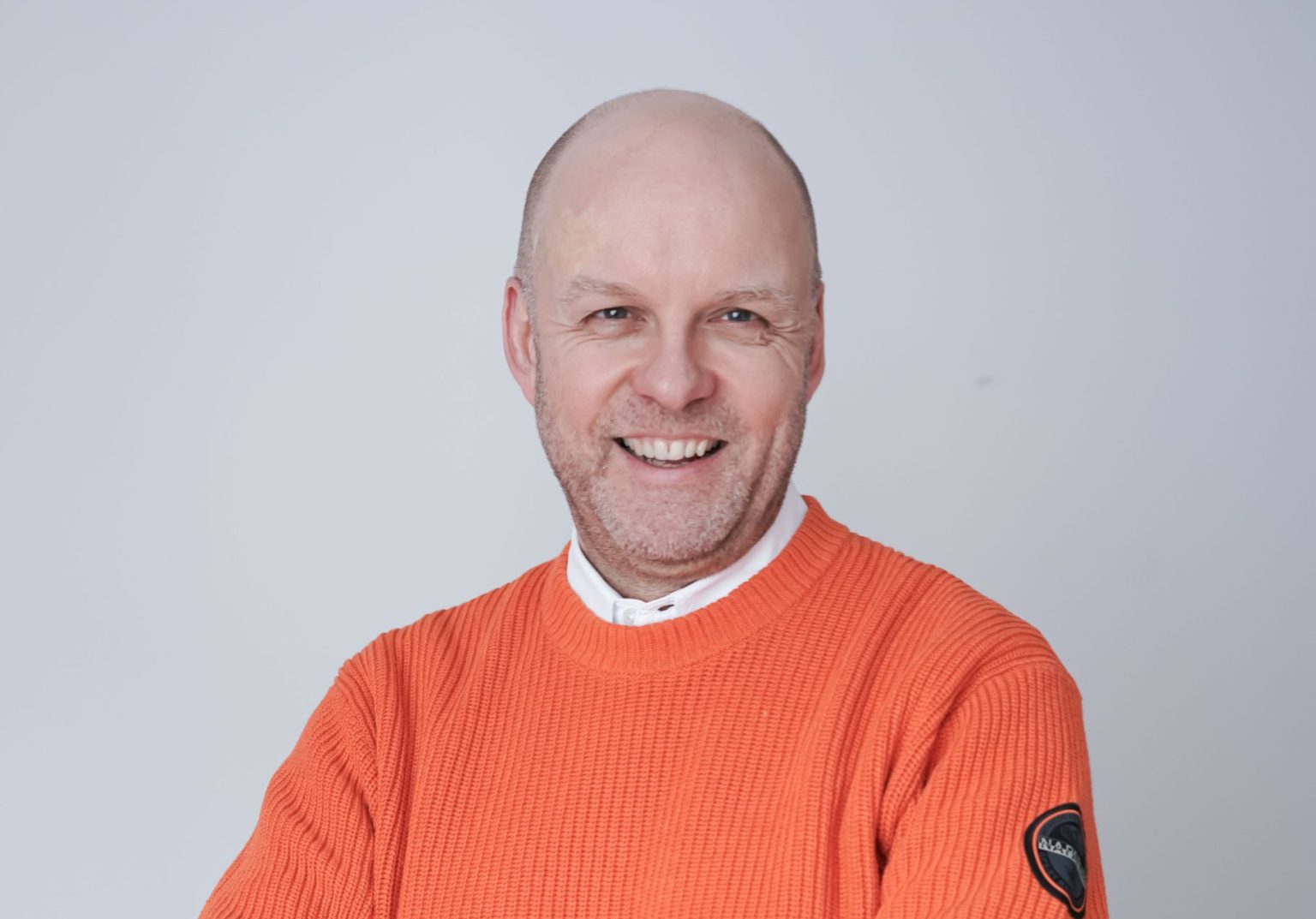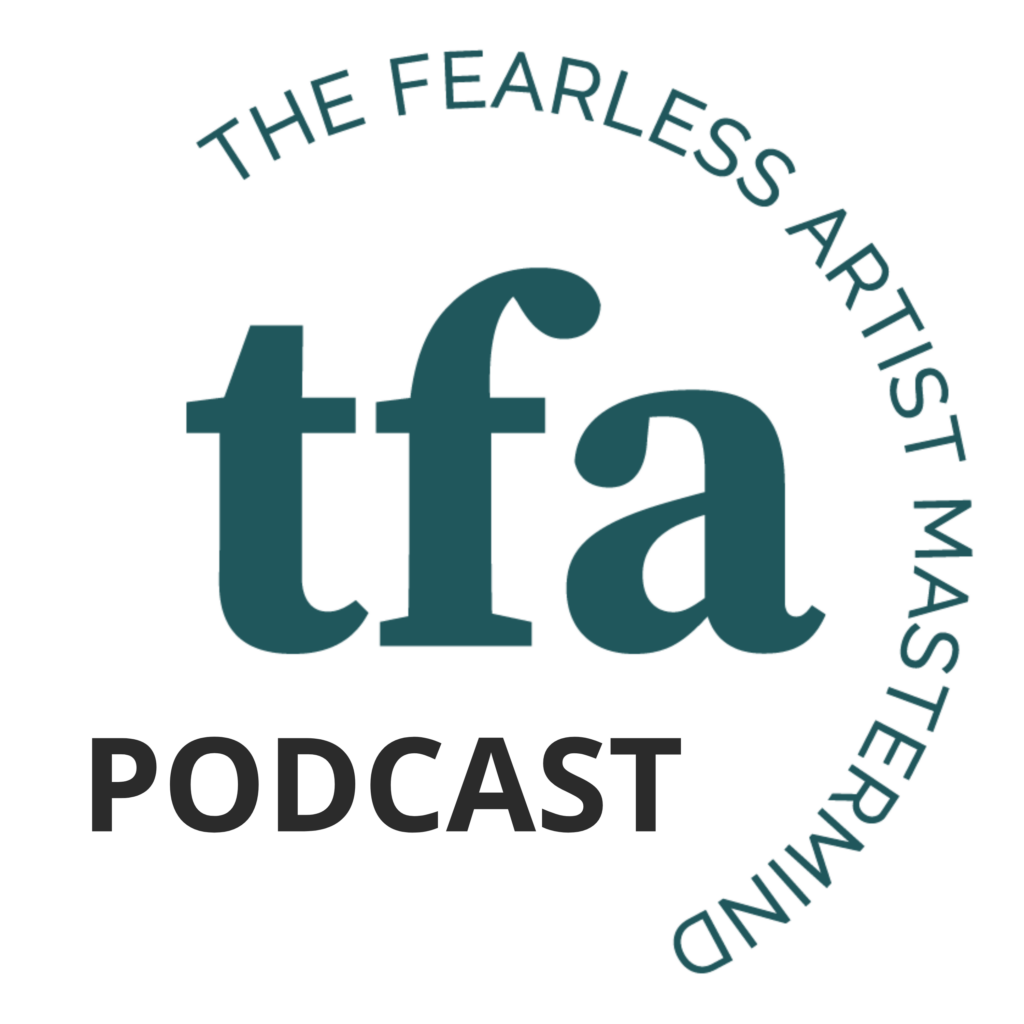Don’t miss the Fearless Career Day, September 8 – Empowering Musicians to Succeed

Guest:
Bernhard Kerres
Coach
Bernhard Kerres is a sought-after executive coach and keynote speaker based in Vienna, Austria. He was the first opera singer to become a C-level executive of multi-million Euro tech companies. And he was the only artistic director of a world-leading concert house to bring his startup to Silicon Valley. Bernhard coaches executives, especially in tech and consulting, as well as entrepreneurs, business owners, and classical musicians.
Bernhard started his career as an opera singer and had the opportunity to perform with stars such as Agnes Baltsa and José Carreras. After his MBA at London Business School, he went into strategy consulting for high-tech and telecom companies with Booz & Co. Kapsch CarrierCom, the Austrian telecom system integrator, hired him as CFO before he became CEO of the stock-market listed M-Tech AG in Germany. In 2006, he was appointed Artistic Director and CEO of the Vienna Concert House,which he led into its 100th season. He left the Vienna Concert House to create the classical music startup HELLO STAGE.
Bernhard regularly teaches leadership for executive programs at London Business School and has published several articles on music and management. He is the Program Director for 4 Fellowships 4 Entrepreneurs of the Ludwig Boltzmann Gesellschaft, a year-long program supporting scientists in developing their ideas into startups. His book, “Be Your Own Manager,” contains essential career advice for classical musicians. He is a guest lecturer at the Music University in Karlsruhe and a regular guest at the Showa University of Music in Tokyo, teaching career management.
Bernhard Kerres was awarded the Order of Bernardo O’Higgins by the President of the Republic of Chile and the Austrian Cross of Honor for Science and Art by the President of Austria.

Subscribe to The Fearless Artist Podcast
Intro/Outro music by Michelle Lynne • Episode produced by phMediaStudio, LLC
